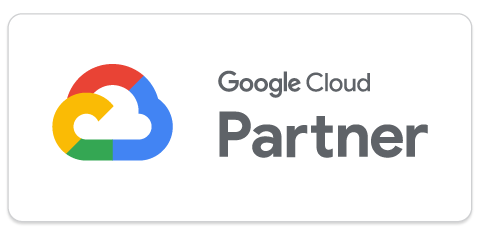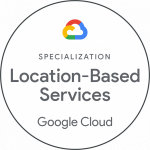Google is constantly innovating and improving its products. As a result new features become available, and pricing models change. Google announced an upcoming price change on the 5th of July 2023. Localyse stays on top of the latest news. Here are 3 tips to help you stay on budget with Bigquery.
Before Jul 5, 2023: make use of flat-rate slot reservations
Currently there are two ways to use Bigquery: on-demand or by reserving slots on a flat-rate basis. In the upcoming pricing model this is still the case, however the pricing model is changing. If you are currently using on-demand slot reservations you will see a 25% increase in price from July 5 2023 onwards.
On the other hand, flat-rate slot reservations are Google’s previous way to reserve Bigquery capacity on a monthly or yearly basis. This way you get a fixed reserved capacity, where you will pay for the amount of computing power reserved upfront. This way you can scale up your Bigquery use while managing cost. More info on slots can be found here. It is now still possible to commit for one year to the old flat-rate model, which compared to Bigquery editions can be a good choice.
Have you received a mailing from Google with the following title: “We identified that you’re a customer using BigQuery on-demand or flat-rate slot reservations..”, then this tip is for you.
New: Bigquery editions
Starting Jul 5, 2023 Google will move its reservation API to a new pricing model called Bigquery editions, a tiered compute pricing model. This will give your enterprise the same predictable costs as flat-rate reservations, but under a different name. Learn more about choosing the correct size of your plan here. Other additional features are:
- autoscaling capability that scales capacity up and down based on customer workloads
- compressed (physical) storage billing model (this reduces storage costs)
You can compare the different plans in the pricing calculator, see this link. Find a comparison between 200 slots in the old and the new pricing model below.
Use budget, alerts and quotas to manage your budget
To further help our customers stay on budget we advise to organize your cloud resources on a per-project basis. This way you can efficiently manage access rights and better prevent any misuse, quota theft or unwanted overspending. You can also easily tie budget alerts to projects or individual services (or SKUs) to identify where costs are being generated. Taking it one step further are quotas which let you limit how much of a certain service can be used. For Bigquery, filter in the search bar to show the available quotas:
Remember to also set quota alerts if you use quotas, so you will get notified when a certain quota is about to reach its limits to prevent unwanted service disruptions.
Localyse is your partner for Bigquery expertise and we would love to connect and hear from you. Reach out to one of our product experts!





